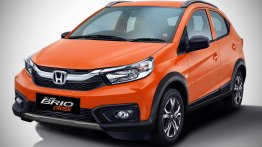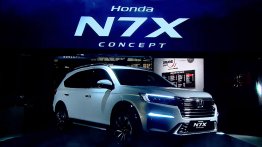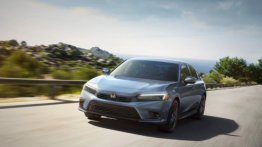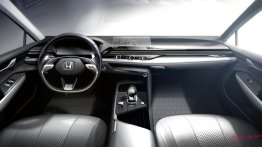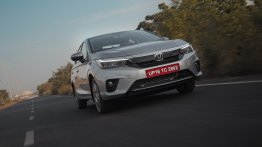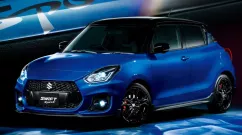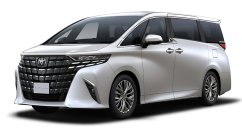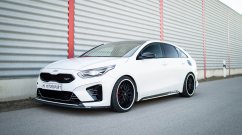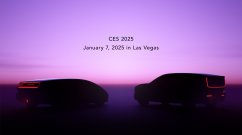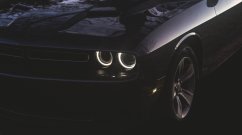ET Auto reports that production of the Honda Brio hatch which has been on sale at INR 4.73 - 6.82 Lakh (ex-showroom, New Delhi), has been discontinued. Moreover, the manufacturer is said to have no interest in introducing the second generation Brio.
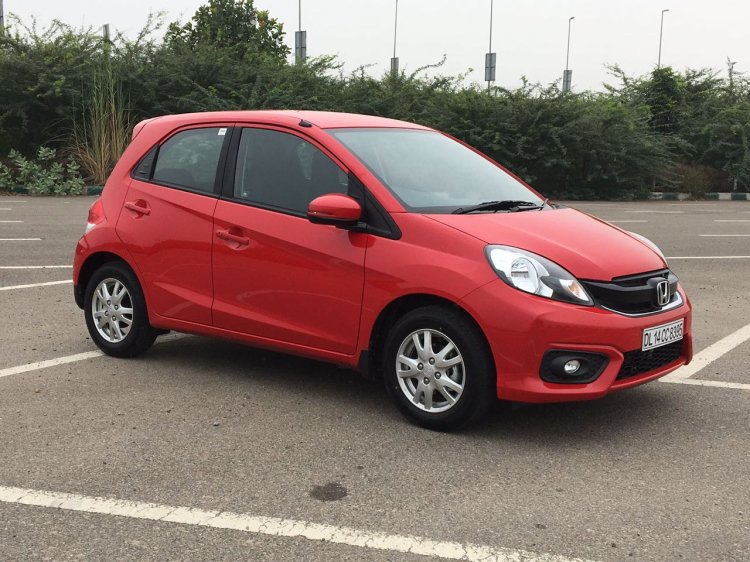
The Honda Brio was launched in September 2011. The most affordable model ever from the brand garnered more than 5,000 bookings within a few weeks. The initial buzz, however, couldn't lead to a sustained demand for the company's Maruti Swift-adversary. The Brio received a mid-cycle updated in October 2016, but the carmaker has been experiencing declining popularity for its entry-level model.
Monthly sales data shows an average dealer dispatch of merely 134 units. In fact, only 27 units were shipped in October 2018. Due to poor demand, Honda Cars India seems to have chosen to pull the plug instead of investing to help it meet upcoming regulatory changes. As per the new guidelines, the company would have had to upgrade the body structure to attain compliance with the stricter crash test norms. Also, it would have had to add front seatbelt reminders, reverse parking sensors, ABS with EBD, and speed-alert warning feature to all the trims.
The Honda Brio is powered by a 1.2-litre four-cylinder i-VTEC engine that outputs a maximum power of 88 PS and a peak torque of 109 Nm. The small car is available with two transmission options - 5-speed manual and 5-speed automatic. While the manual transmission-equipped model has an ARAI-rated fuel efficiency of 18.5 km/l, the automatic version offers 16.5 km/l.
The second generation of the Honda Brio was unveiled in August 2018 at the GIIAS 2018 in Indonesia. Based on the Honda Small RS Concept, the new model sports the company's latest family look, while retaining the old platform. The latest version is 175 mm longer than its predecessor. Its wheelbase, at 2,345 mm, is 60 mm longer. Powering the new-gen Brio is the reworked 1.2-litre i-VTEC petrol engine. It outputs a maximum power of 90 PS at 6,000 rpm and a peak torque of 110 Nm at 4,800 rpm.
[Source - auto.economictimes.com]











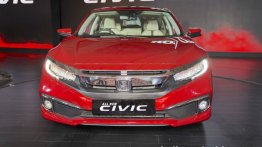

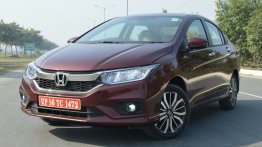

![2018 Honda Brio exterior & interior walkaround [Video]](https://img.indianautosblog.com/crop/262x147/2018/08/2018-Honda-Brio-walkaround-video.jpg)
